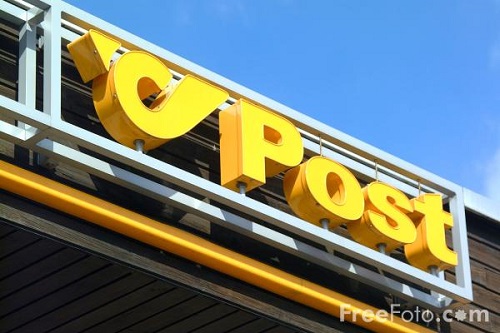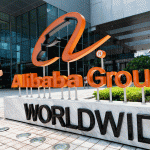
Survey indicates DHL is closing the gap on U.S. competitors
Express and logistics services provider DHL is taking measured steps to gauge its performance in the United States in comparison to its two biggest competitors-UPS and FedEx.
In a media conference call held on September 14, John Mullen, CEO of DHL Americas, shared the results of an independent study commissioned by DHL. The study focused on how DHL matched up to UPS and FedEx on transit times throughout various regions of the United States.
The study, which was conducted in July, measured the three companies on 10:30 a.m. overnight express delivery, which Mullen described as the most critical to business and most difficult to perform to and is recognized as the flagship product for all three carriers. It focused on 14,400 shipments that were sent between 44 major U.S. cities across 480 traffic lanes during the month of July.
The purpose of the survey, which was overseen by PA consulting, was to provide data that would independently validate DHL’s internal and external performance levels. All data used in the study was collected and delivered to PA’s data center on a daily basis. , and PA checked delivery times and late deliveries against the carriers Web sites.
And the survey’s final delivery reliability tally indicated that DHL’s U.S. performance of 90.66 was nearly identical to UPS’ 90.83, with FedEx registering a rating of 88.02.
“These results represent a real milestone for our company and a vindication indication of the effort and investment that we have made over the last few years as a newcomer to break into the competitive duopoly in the U.S. market,” said Mullen. “With our acquisition of Airborne Express [in 2003], we set out to try and create a third alternative in the U.S. for our industry and provide a competitive platform not just across the zip code geography of the country but also across the whole product range of express and deferred ground networks.”
Mullen also pointed out that DHL has had its “highs and lows” since entering the U.S. market, with some considerable successes and some setbacks related to network integration. He noted that slow, steady progress has been made, which prompted the company to commission this independent transit time study across the U.S. to gauge the progress it has made.
“This study tells us that with our most difficult product we have achieved a level of performance-with our most difficult product-that is more than equal to our competition across the U.S.,” said Mullen.
In regards to regional traffic lanes for 10:30 a.m. overnight express delivery, the survey’s data indicated DHL fared well in all areas of the U.S., with the exception of the southern part of the country, where FedEx is based and has a very strong presence. Mullen pointed out that DHL did very well in critical northeast markets, such as New York, where a high level of performance and reliability is a must.
“With [the results of this survey], we are aiming to demonstrate conclusively to the market, our customers, and our own people that our efforts have produced a truly competitive product across the full range of service delivery in the U.S.,” said Mullen. “It has been a difficult road but we have come through it, and we think our customers can feel safe that they are not taking a chance on a niche player with us. There are now three players than can be considered equally by companies. We don’t have the brand strength [in the U.S.] and the recognition that we have as a leader elsewhere in the world, and we realize it is a big decision for a company’s logistics manager to move to a new player. It can be a big issue, and if there is any doubt as to the level of service we would offer, why would people take that chance?”
In order to be a viable alternative in the U.S., Mullen said that DHL does not need to have an overly large market share. And he stated that DHL is content to be number three in this market, but it does need to demonstrate that it has a stable and well-performing platform that will give its global customers confidence that using DHL in their home market in the U.S. is as good a bet as using DHL overseas, where customers know DHL is a proven company.
Over the last six months, Mullen said DHL has won more than USD400 million of annualized new contract revenue from Fortune 100 companies.













